Our mission is to make global food production safer, more efficient, and more profitable through integrated software, hardware, and consulting services.
At Croptracker, we're more than just an ag tech software provider – we're a dedicated partner in your farm's success. As we approach our 20th anniversary in 2026, we reflect on two decades of innovation, collaboration, and unwavering commitment to the agricultural community. In an industry often marked by rapid change and uncertainty, Croptracker stands as a pillar of stability and expertise.
Founded in 2006 by CEO Matt Deir, Croptracker was born from a direct need identified by the Ontario Apple Growers (OAG) for a more efficient spray module. In close consultation with the OAG, Matt began developing the powerful database system that would later become the Croptracker platform. Since then, we've grown alongside our partners, continuously evolving to meet the complex demands of modern agriculture.
Croptracker was founded to address the need for better spray management among members, initiating the development of our Spray module in direct response to a request from the Ontario Apple Growers. (OAG)
We formalized our partnership with the OAG and the Ontario Tender Fruit (OTF) to develop comprehensive harvest tracking and bin tagging solutions, labour tracking features and start the post-harvest inventory tracebaility process.
Croptracker expanded to include storage and packing traceability solutions, utilizing RFID technology for automate storage room inventory logs and enhancing end product tracking from field to consumer.
Croptracker introduced field pack functionalities tailored for in field fruit and veggie harvest and packers, encompassing shipping, receiving, and order desk management. Growers were about to harvest, label and pack to order in the field, greatly improving operational efficiency.
Our spray program's success led to expansion into the United States, supporting apple growers in Pennsylvania with advanced spray management tools.
We broadened our reach to California and New Zealand, adapting our platform to diverse agricultural environments and introducing GAP Reports and Audits functionalities to support compliance.
The launch of our full ERP system with Mr. Apple marked a significant milestone, alongside the development of Harvest Quality Vision and the launch of our Quality Control module, accompanied by strategic staff expansion to support our growing platform.
Harvest Quality Vision was launched globally, expanding our customer base and global reach. We also introduced harvest, shipping, and punch clock offline capabilities, ensuring uninterrupted operation in various field conditions, and further expanded our team.
Croptracker engaged in custom development projects with international organizations, showcasing our flexibility, and continued innovation with the development of Crop Load Vision and Starch Quality Vision. We also moved into a new, larger office.
Croptracker focused on achieving complete offline functionality across all modules, including field pack and spray, and advancing predictive crop load projects to help growers plan more effectively. We also expanded our international market with tradeshow visits and new partnerships.
We celebrate our 20th Anniversary, a testament to our enduring commitment to the agricultural sector and a springboard for future innovations. Our customer base is expanding to include more fields grown vegetable and specialty crop workflows.
The future of farming is uncertain, but your software provider doesn't have to be. Croptracker offers the stability and reliability you need to navigate the challenges of the agricultural landscape. We are thrilled to announce that next year Croptracker is turning 20! This milestone is a testament to the dedication and support from our users and partners.
Leading up to this anniversary, we are excited to reflect on our journey and look forward to shaping the future of agricultural technology with our growing partners and customers. We value your feedback and invite you to share your thoughts as we embark on our next 20 years. Help inform our next 20 years!
If you are interested in learning more or have feedback for us, we’d love to hear it!
Email us at support@croptracker.com
Croptracker’s system is completely modular, so you use and pay for only the modules you need. Just need spray records? No problem. Looking for a comprehensive farm management software for every step of your operation? We can do that too.
With customers in 41 countries, and more than 60 000 fields mapped, Croptracker is committed to constant innovation, and to working with growers every day to design new features and improve our platform.
Whether you are looking for a simple spray record app to replace your spreadsheets, a pack house system, harvest inventory tracking, or a powerful labor tracking app - Croptracker has the right farm management tools for you.
| Croptracker | Hectre | PickTrace | Radfords | ProducePro | FieldClock | Farmsoft | |
|---|---|---|---|---|---|---|---|
| Offline mobile app and browser version Offline mobile | |||||||
| Global coverage Global coverage | |||||||
| Spray input tracking Spray tracking | |||||||
| Harvest inventory traceability Harvest traceability | |||||||
| Task assignments and farm journal logging Task assignments | |||||||
| Employee management and time tracking Employee management | |||||||
| Piece rate and field packed inventory tracking Piece rate tracking | |||||||
| Post harvest packing and processing traceability Harvest traceability | |||||||
| Shipping records and standardized BOL and Receipts Shipping records | |||||||
| Incoming and outgoing order and expense tracking Order tracking | |||||||
| Up-to-date storage inventory management Storage management | |||||||
| Digitized and standardized inventory quality control and scouting records Quality control | |||||||
| Computer vision post harvest fruit size and color sampling Computer vision post harvest | |||||||
| Computer vision post harvest fruit size and color sampling Computer vision pre-harvest | |||||||
| Computer vision post harvest fruit size and color sampling Computer vision starch scores | |||||||
| GAP form and audit reports GAP reports | |||||||
| Open API/SDK Open API/SDK |
Grow with Croptracker
Croptracker is a modular farm management system, built to grow as your farm does.
Start with the features that work best for you now!
Need to integrate with other systems? We are here to help.
Spray Record Keeping
Award-winning, independent, spray record keeping software
Harvest Yield Records
Winner of the Agtech Breakthrough Award for Overal Harvest Solution Provider.
Production Practice Tracking
Flexible tracking for any and all farm activties.
Work Crew Activity and Labor Tracking
Enhance worker safety and traceability, manage employee and organize payroll.
Storage Records
Eliminate misplaced products and create visibility into storage rooms.
GAP Reports and Audits
Formatted and fillable GAP forms for easy audit compliance.
Quality Control
Digitize and quantify your quality control metrics with custom specifications and templates.
Harvest Quality Vision™
World-leading computer vision system for fruit size and color capture.
Crop Load Vision™
Cutting-edge mobile computer vision system for yield estimation before harvest.
Starch Quality Vision™
Croptracker’s computer vision SPI assessment tool for apples.
In Croptracker’s 20 years of working with growers and produce packers, we have encountered a myriad of certifications for food safety, fair labour and trade practices, and sustainable growing methods. This web of overlapping certifications can be hard to unravel, though it is often expected knowledge when entering into new customer relationships.
The beginning of this resource page was made internally for our support staff. It helped avoid nodding along when someone showed us a new certification sticker on their packaging or tossed out a new acronym we have to look up after the meeting. Recently, the team has decided to make this public on our website to help support our users as well.
Many of these certifications have overlapping coverage and common frameworks, like HACCP, GSFI, or ISO 22000. Without deep industry knowledge and research time, it can be difficult to determine which certifications are most beneficial for your organization. We hope that this round-up can help shortcut this research and set growers and fresh produce sellers on the right track to getting certifications that will help enhance their reputation, increase market access, and differentiate themselves from competitors.
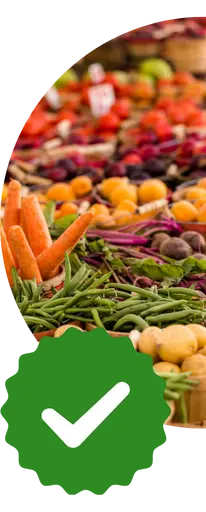

This first group of certifications focus on food safety and supply chain management and are applicable to fresh produce growers as well as packers and processors. Overall, becoming certified with one or more of these organizations can help fresh produce industry growers and packagers demonstrate their commitment to producing safe, high-quality products while also improving efficiency, reducing risk, and increasing market access. These certifications are recognized globally and demonstrate a commitment to food safety, quality, and sustainability.
Some of the key benefits include:
Below we have brief overviews of some of the most recognized supply chain certifications, including a rough cost and time estimates, frameworks that underpin the certifications, and which other certifications it most overlaps with. (All of the supply chain certifications listed have some overlap with each other.) Learn more about each on their websites, linked in the heading.
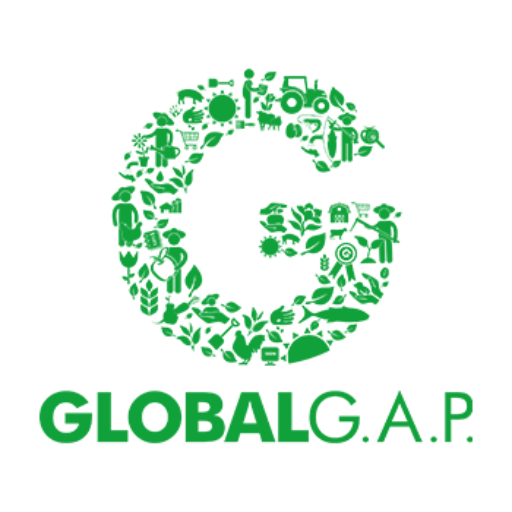
GlobalGAP, meaning ‘Good Agricultural Practices’, is based in Germany and is derived from EUREPGAP and has many overlapping best practices and requirements with other GAP programs incluing CanadaGAP. CanadaGAP is originally based on a framework of strict Canada Food Inspection Agency (CFIA) standards. GlobalGAP certification program is widely recognized and applied to various markets globally, particularly in Europe, North America, and other regions with strict food safety regulations. The organization's certification is often required by major European, North American and international retailers to guarantee the quality and safety of fresh produce. The organization works with farmers, producers, and other stakeholders to promote sustainable agriculture practices, reduce environmental impact, and ensure consumer safety and covers various crop types including fruits, vegetables, flowers and beyond.
Cost:
Costs will range from $800 - $3500USD. Cost for becoming GlobalGAP certified will vary depending on the size and complexity of your organization and which specific certifications and add-ons are being applied for.
Time:
Time to prepare for the audit will vary but the auditing process for GlobalGAP is quite quick compared to others in this list. The audit itself will take 1-3 days, allow for 2-6 weeks for corrective action recommendations and adjustments and then 1-2 weeks to acquire certification insurance.
Overlap:
IFS, SQF, BRCGS, Primus GFS
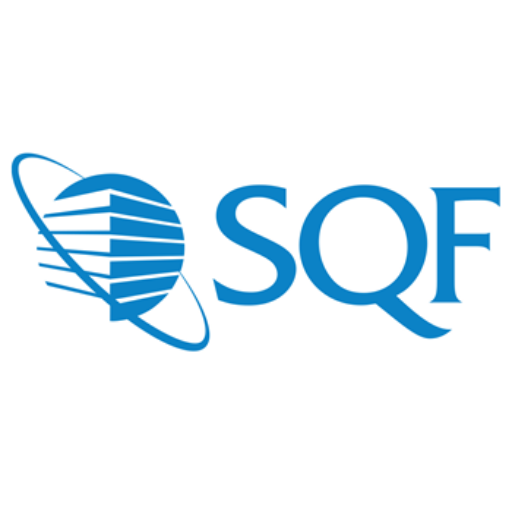
SQF is a food safety certification program based on GSFI standards and one of the only certifications recognized by GSFI now as a comprehensive platform for implementing GSFI standards. SQF was developed in 1994 by the Food Marketing Institute (FMI) in the United States and is now managed by the SQF Institute. Certification provides a comprehensive framework for managing food safety and quality. Many major retailers, foodservice providers, and distributors require their suppliers to be SQF certified.
Cost:
Total costs can range from $4000 - $8000USD for an initial audit and will vary depending on the size and complexity of your operation. Recertification audits occur every 2-3 years and rangea from $2500 - $5000USD.
Time:
The total time to certification can vary depending on prep time and the size of the organization, but typically ranges from 3-9 months.
Overlap:
GlobalGAP, Primus GFS
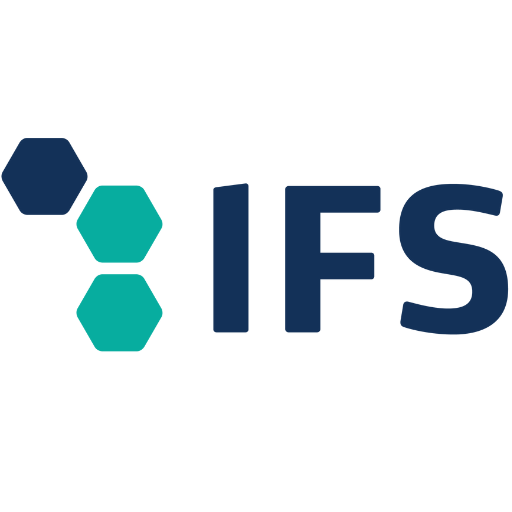
IFS certification is based in Berlin and is commonly required by many European retailers, including those in Germany, France, Italy, and other countries. The standard is also recognized and accepted by many global companies, making it a valuable certification for businesses looking to export their products to Europe or work with European partners. The IFS standard is designed to ensure the quality and safety of products, as well as the reliability and performance of suppliers.
Cost:
Costs will vary depending on the size of your organization:
Time:
Typically, the audit and certification process will last between 6 - 12 months depending on the size and complexity of your organization.
Overlap:
GlobalGAP, BRCGS, PrimusGFS, SQF
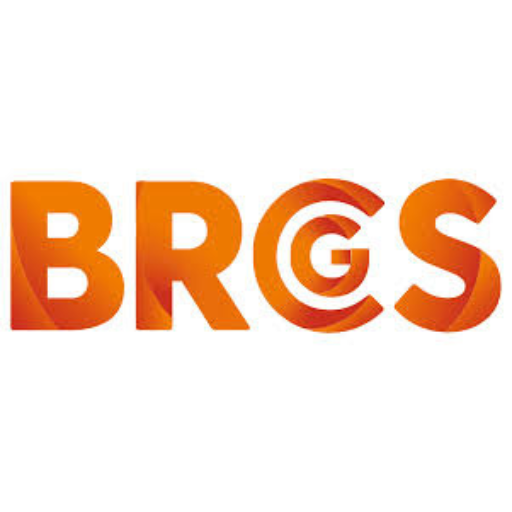
BRCGS (formerly known as the British Retail Consortium) is a global standards organization that specializes in developing and implementing standards for food safety, packaging, and other industries. It is based in Britain and is best recognized in the UK, EU and NA. BRCGS standards are also applied in other regions, such as Asia Pacific, Africa, and Latin America, particularly by companies that export food products to Europe or North America. However, the primary focus of BRCGS remains on the European and North American markets.
Cost:
The total cost of becoming certified can range from £2,000 to £20,000 (approximately $2,600 to $26,000 USD) per year, depending on your organization's specific size, needs, and circumstances.
Time:
The entire process can take anywhere from 6 months to 2 years or more to complete, depending on the complexity of your organization and the frequency of audits.
Overlap:
IFS, FSSC 22000
Frameworks:
HACCP, ISO2200, Codex Alimentarius
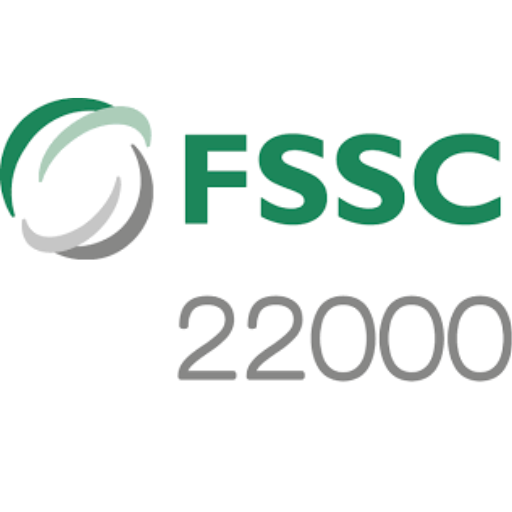
The Foundation for Food Safety Certification (FSSC), which owns and manages the FSSC 22000 scheme, was established in 2004 and is based in the Netherlands. Many European food manufacturers, processors, and distributors adopt FSSC 22000 as their preferred certification scheme. Companies exporting food products to the US and Canada often choose FSSC 22000 due to its recognition by the Global Food Safety Initiative (GFSI) and HACCP and ISO2200 frameworks. Countries like China, Japan, and Australia have a significant number of FSSC 22000-certified companies, particularly in the food manufacturing and processing sectors.
Cost:
Overall, the total cost of becoming FSSC 22000 certified can range from approximately $2,200 to $22,000 USD / year, depending on your organization's specific needs, size and complexity.
Time:
The entire process can take anywhere from 6 months to 2 years or more to complete, depending on the complexity of your organization and the frequency of audits.
Overlap:
GlobalGAP, BRCGS, IFS, SQF
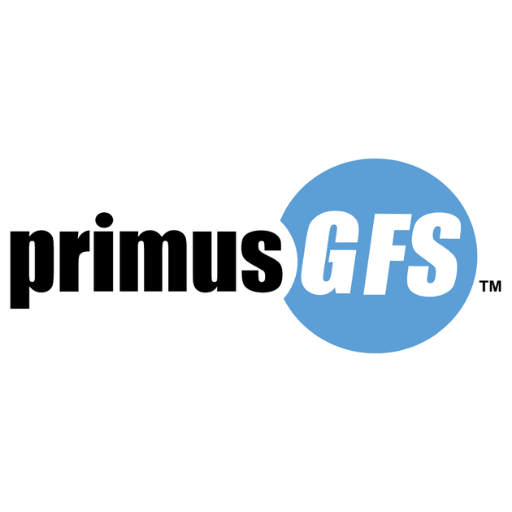
PrimusGFS (Good Manufacturing Practices for Food Safety) is a GFSI benchmarked certification program that provides a comprehensive framework, including HACCP standards, for ensuring food safety in the production, processing, and handling of foods. The organization was founded in California in 1998 with the goal of providing a robust and effective food safety certification program for the fresh produce industry. PrimusGFS is widely recognized and accepted by major retailers, foodservice providers, and regulatory bodies in the United States, Canada, and Mexico. Many companies in Latin America, particularly those exporting produce to North America, use PrimusGFS as their preferred certification program.
Cost:
The total cost of becoming PrimusGFS certified can range from $2,000 to $20,000 or more per year, depending on your organization's specific needs and circumstances.
Time:
The entire process can take anywhere from 6 months to 2 years or more to complete, depending on the complexity of your organization and the frequency of audits.
Overlap:
GlobalGAP, BRCGS, IFS, SQF

In this next section, we have gathered a list of the most widely recognized ‘green’ certifications. These cover a range of processes and practices related to sustainability and social responsibility. By getting certified with one or more of these bodies, fresh produce industry stakeholders can demonstrate their commitment to sustainability, social responsibility, and quality, ultimately benefiting their business, the environment, and society as a whole. Some of the key benefits of these certifications include:
In the list below we have included a brief overview and links to each certification’s website to learn more.
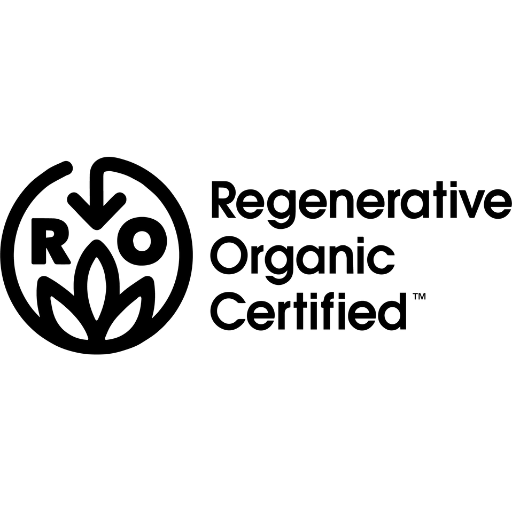
Regenerative Organic Certified is a certification program that verifies agricultural practices that promote soil health, biodiversity, and animal welfare while also enhancing the overall ecosystem. The ROC standard is based on three pillars: Soil Health, Animal Welfare, and Farmworker Fairness, aiming to create a more sustainable and regenerative food system. By meeting rigorous standards in these areas, farms can become certified, providing consumers with assurance that their food was produced using practices that prioritize environmental stewardship, social responsibility, and animal well-being, ultimately contributing to a healthier planet for future generations.

The Rainforest Alliance Certification is a seal of approval that verifies products, such as coffee, chocolate, and bananas, meet rigorous environmental and social standards. To become certified, farms and companies must undergo a thorough audit to ensure they are meeting criteria related to sustainable agriculture, conservation, and fair labor practices, including protecting biodiversity, conserving water and soil, and providing decent living and working conditions for farmers and workers. By choosing products with the Rainforest Alliance Certified seal, consumers can support responsible farming practices that promote environmental stewardship, social equity, and economic viability, ultimately contributing to a more sustainable future for people and the planet.
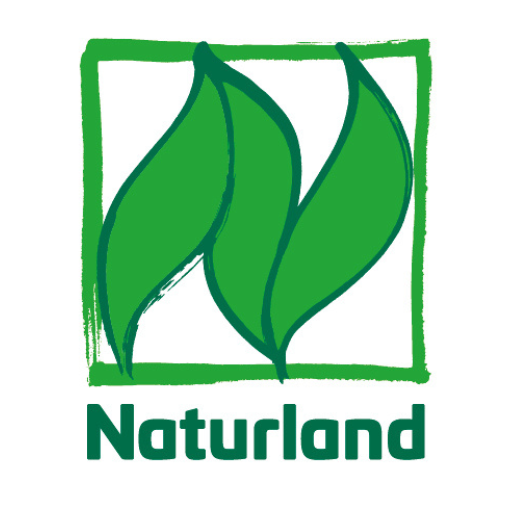
Naturland is a German-based organic farming association that offers a certification program for organic farmers, processors, and traders. The Naturland certification ensures that products meet rigorous standards for organic production, animal welfare, and environmental sustainability, exceeding the requirements of the European Union's organic regulation. To become certified, producers must undergo regular inspections and comply with strict guidelines on issues such as biodiversity, soil conservation, and fair trade practices, in addition to adhering to traditional organic principles like avoiding synthetic fertilizers and pesticides. By choosing Naturland-certified products, consumers can trust that they are supporting farming practices that prioritize environmental stewardship, social responsibility, and high-quality, healthy food.
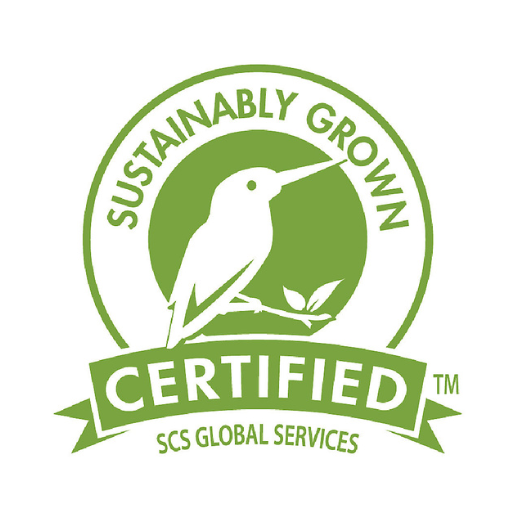
The Sustainably Grown certification, offered by SCS Global Services, is a comprehensive standard that verifies the sustainability of agricultural production systems. This certification assesses farming operations against rigorous criteria, including environmental stewardship, social responsibility, and economic viability. To achieve certification, farms must demonstrate adherence to best practices in areas such as soil health, water conservation, biodiversity, fair labor conditions, and community engagement. The Sustainably Grown standard is based on internationally recognized principles and is designed to promote continuous improvement in sustainable agriculture, providing assurance to consumers that certified products have been grown with consideration for the well-being of people, the planet, and the long-term viability of farming operations.
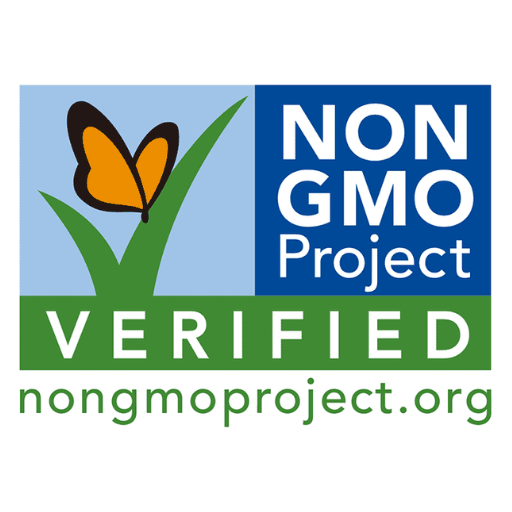
The Non-GMO Project is a third-party certification program that verifies whether products have met rigorous standards for GMO avoidance. The Non-GMO Project certifies products that contain less than 0.9% genetically modified organisms (GMOs), which is in line with international standards for GMO labeling. To become certified, products must undergo a multi-step process, including ingredient review, on-site inspections, and DNA testing to ensure compliance with the program's standards. The Non-GMO Project Verified seal is then applied to products that meet these standards, providing consumers with assurance that the product has been thoroughly evaluated and meets strict criteria for GMO avoidance, giving them more informed choices about the food and products they buy.

The Environmental Working Group (EWG) is a non-profit organization that provides certifications for products that meet rigorous standards for safety, sustainability, and transparency. The EWG Certified mark is awarded to products that have undergone a thorough review of their ingredients, labeling, and manufacturing processes to ensure they are free from harmful chemicals, toxins, and pollutants. To become certified, products must comply with EWG's strict criteria, which includes avoiding the use of over 1,500 chemicals known to be hazardous to human health or the environment, as well as meeting standards for animal testing, fragrance disclosure, and eco-friendliness. By looking for the EWG Certified mark, consumers can trust that the products they choose are safer, more sustainable, and better for their health and the planet.
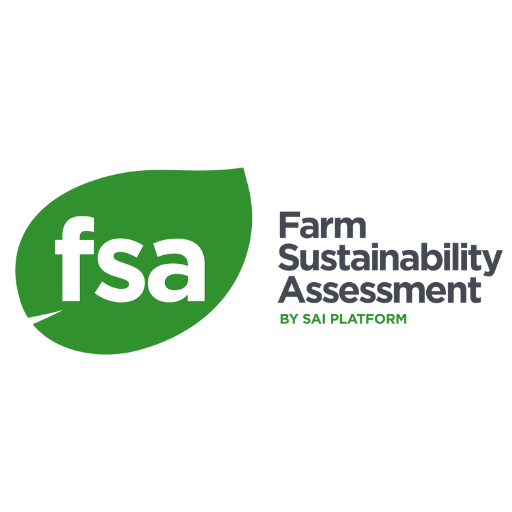
The Farm Sustainability Assessment (FSA) is a certification program developed by the Sustainable Agriculture Initiative (SAI) Platform, a global organization that promotes sustainable agriculture practices. The FSA is a comprehensive assessment tool that evaluates farm sustainability across a range of indicators, including environmental, social, and economic criteria. The certification process involves a self-assessment questionnaire completed by farmers, which is then verified by an independent auditor to ensure compliance with the FSA's 112 questions covering topics such as soil health, water management, biodiversity, labor rights, and farm economics. By achieving FSA certification, farms can demonstrate their commitment to sustainability and continuous improvement, while also providing assurance to buyers, consumers, and other stakeholders that their products are produced in a responsible and sustainable manner.
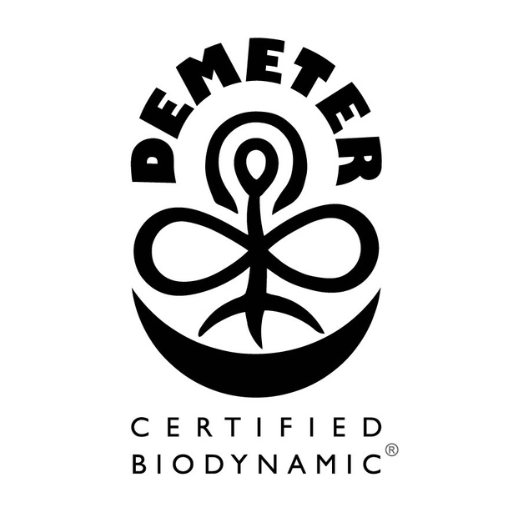
The Demeter Biodynamic Organic Standard certification is a rigorous and holistic certification that verifies farms and products meet the highest standards of biodynamic and organic practices. To achieve certification, farms must adhere to a comprehensive set of guidelines that go beyond traditional organic standards, emphasizing the use of natural materials, minimal external inputs, and a focus on soil health, biodiversity, and ecosystem balance. The standard encompasses eight key aspects: farm as a self-contained organism, soil conservation and improvement, biodiversity, integrated pest management, animal welfare, water conservation, waste management, and social responsibility, ensuring that certified farms prioritize environmental sustainability, social equity, and animal well-being, resulting in high-quality, sustainable products that promote ecological balance and support healthy ecosystems.
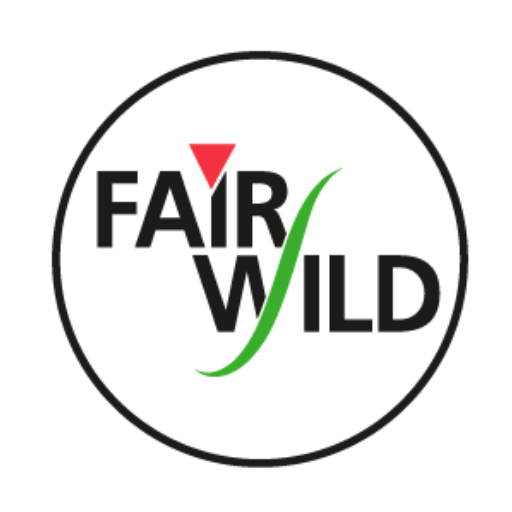
The Fair Wild certification is a third-party verified standard that ensures sustainable and equitable trade practices in the wild-harvested plant sector, including the fresh produce industry. The certification, managed by the FairWild Foundation, promotes fair trade, social responsibility, and environmental sustainability, guaranteeing that wild-harvested plants are collected in a way that respects the rights of local communities, ensures fair prices and working conditions for collectors, and maintains healthy ecosystems. By choosing products with the Fair Wild label, consumers can trust that their purchase supports responsible and sustainable sourcing practices, contributing to the conservation of wild plant species and the well-being of rural communities that depend on them for their livelihoods.
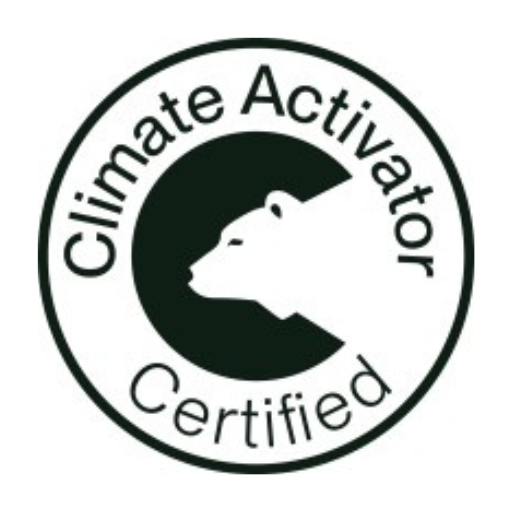
The Climate Activator certification is a program designed to recognize and support companies in the fresh produce industry that are taking proactive steps to reduce their environmental impact. By achieving this certification, companies demonstrate their commitment to measuring, reducing, and offsetting their greenhouse gas emissions, as well as implementing sustainable practices throughout their operations. The certification process involves a comprehensive assessment of a company's carbon footprint, energy usage, water management, waste reduction, and other sustainability metrics, with the goal of providing a verifiable and transparent way to showcase a company's dedication to environmental stewardship and social responsibility, ultimately helping to drive industry-wide progress towards a more sustainable future.

This next group of certifications relate to labor and trade relationships. By becoming certified with one or more of these organizations, fresh produce industry growers and packers can demonstrate their commitment to social responsibility, ethics, and sustainability, while also gaining a competitive edge in the market. Some of the common benefits of these types of certifications include:
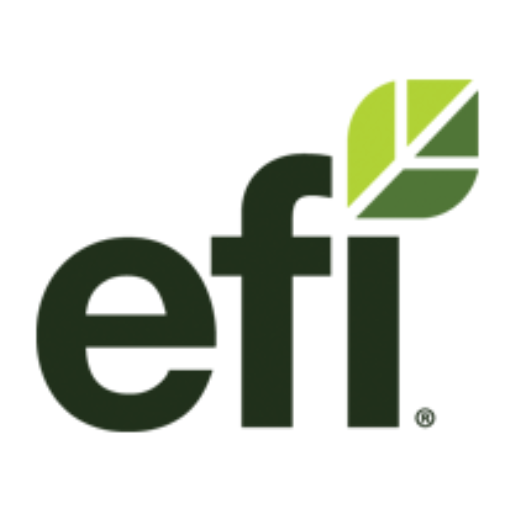
The Equitable Food Initiative (EFI) is a non-profit certification and skill-building program that aims to improve the lives of farmworkers while also increasing the productivity and competitiveness of farms. EFI certification is based on a set of standards that address issues such as worker safety, fair labor practices, and pest management, with a focus on collaborative problem-solving and continuous improvement. By certifying farms that meet these standards, EFI helps to promote transparency, accountability, and social responsibility in the fresh produce industry, while also providing benefits to workers, growers, and buyers, including improved working conditions, increased efficiency, and enhanced market access.
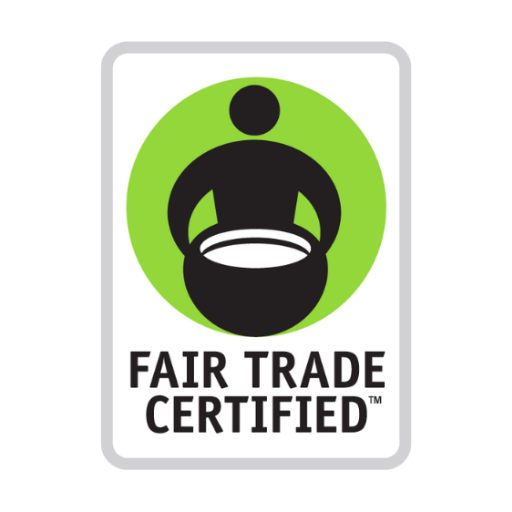
Fair Trade USA certification ensures that farmers and workers in the fresh produce industry are treated fairly and paid a living wage, while also promoting sustainable farming practices. To become certified, farms must meet rigorous standards that include fair prices, safe working conditions, and direct trade relationships between buyers and producers. Certified farms also receive a community development premium, which is used to fund projects such as education, healthcare, and infrastructure improvements in the local community. By choosing Fair Trade USA-certified produce, consumers can support farmers and workers who are working to improve their lives and communities, while also promoting more equitable and sustainable trade practices throughout the supply chain.
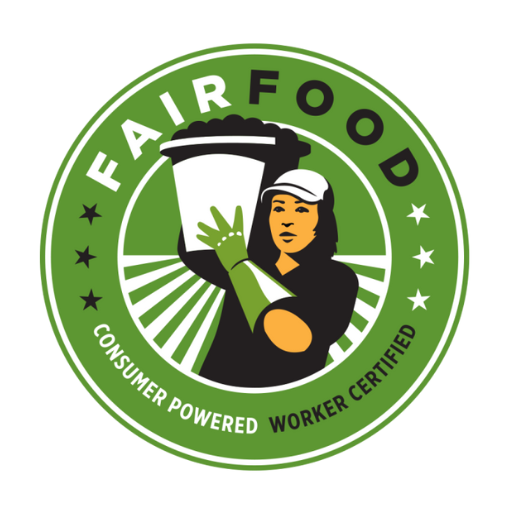
The Fair Food Program is a certification initiative that promotes fair labor standards and safe working conditions for farmworkers in the fresh produce industry. The program, launched by the Coalition of Immokalee Workers (CIW), sets rigorous standards for farms to ensure fair wages, respectful treatment, and protection from abuse and exploitation. To become certified, farms must undergo regular audits and demonstrate compliance with the program's code of conduct, which includes provisions such as paid rest breaks, safe transportation, and access to shade and water. Participating buyers, including major retailers and restaurants, agree to only purchase produce from certified farms, creating a market-driven incentive for growers to prioritize worker well-being and social responsibility. By promoting transparency, accountability, and fair labor practices, the Fair Food Program aims to improve the lives of farmworkers and create a more just and equitable food system.
This last list is a real mixed bag of certifications that are potentially more applicable to food processors, other agricultural industries or large produce brands. They cover packaging, animal welfare and overall corporate social and environmental responsibility certifications and have some overlap with the certifications above. We have not summarized these as they are less directly applicable to fresh produce growers and packers, but have linked to the website to learn more.
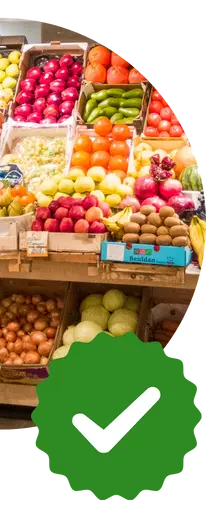
Navigating the complex and crowded landscape of certifications in the fresh produce industry can be overwhelming, but it's often a crucial step towards business and market expansion. These certifications go a long way toward enhancing your reputation, increasing market access, and differentiating yourself from competitors. By understanding the various certifications related to food safety, sustainability, labor practices, and trade relationships, you can make informed decisions about which certifications are most beneficial for your organization.
This resource page is meant to provide an overview of some of the most recognized certifications in the industry. While this is not an exhaustive list, we hope it can serve as a starting point for your certification journey. Carefully evaluate each certification's relevance to your business, its alignment with your values and goals, and its potential impact on your operations and market access. Investing in tools to help with certifications and audits can be a great way to prepare for these processes and shorten the time to certification. Certifications will take longer if farm activity, input and employee records are not digitally accessible and searchable. Croptracker, for example, offers general farm record keeping as well as specifically formatted records for GAP audits.
By investing in certifications that promote sustainability, social responsibility, and quality, you can contribute to a more equitable and environmentally conscious food system, while also driving business growth and success. Whether you're a small-scale farmer or a large produce brand, certifications can help you build trust with consumers, retailers, and buyers, ultimately leading to increased market share and revenue.
Let our expert staff walk you through the Croptracker system, and answer any questions you have.
We are here to help.